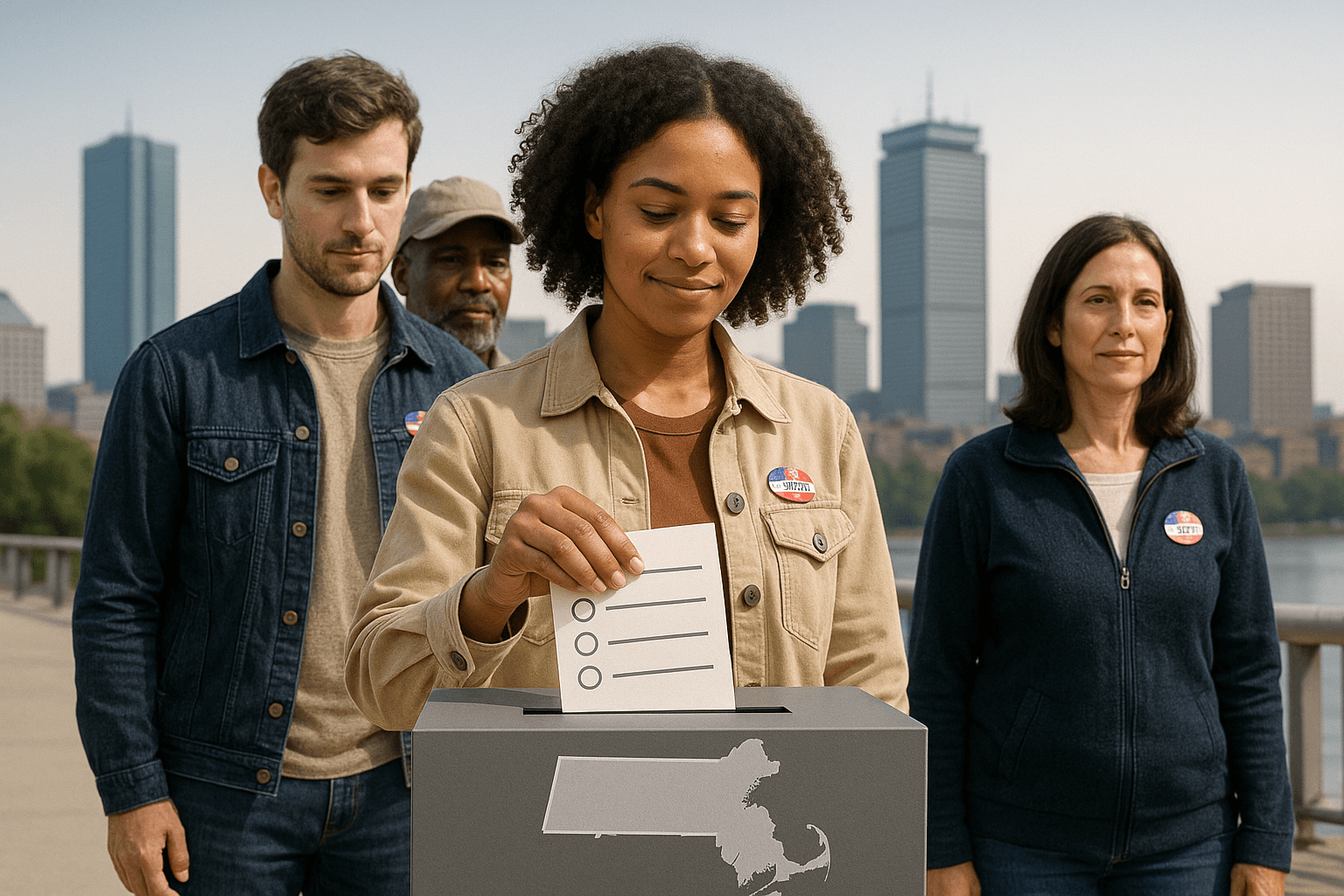Virginia Politicians Trying to Close Primary Elections, Deny Independent Voting Rights

Most simply, in an open primary, every voter can participate. In a closed primary, only members of a major political party can participate. Open primaries tend to produce representatives that appeal to a broader base of voters. Closed primaries produce representatives that are held accountable to partisans.
This is not rocket science. When partisan voters matter, partisan voters get represented. When partisan voters are overly represented, we get too much partisanship.
So, at a time when politicians and political pundits are trying to figure out why voter turnout is dropping, why almost 50% of voters now self-identify as independent of either major party, and when almost everyone agrees that we have too much partisanship in government, what is the Virginia legislature trying to do?
Disenfranchise independent voters from the most important stage of the election process.
Keep in mind, because of rules that are designed to insulate the two parties from competition, like gerrymandering, 90% of elections nationwide are now "decided" in the primary election. Further, taxpayers are footing the bill to the tune of more than half a BILLION dollars.
The problem, however, for incumbent politicians and party bosses is that it is harder for them to control the outcome. Remember when pretty much everyone in the Republican Party was trying to stop Donald Trump? Wonder why Bernie Sanders and his supporters are so adamantly in favor of open primaries?
https://twitter.com/realDonaldTrump/status/681143660705099776
https://twitter.com/BernieSanders/status/743116367004467200
With a long history of holding open primaries, and under the microscope of a contentious presidential election, neither the Democratic nor the Republican Party wanted to go so far as to exclude nonpartisan voters from the all important Virginia primary. So instead, the RNC tried to require that voters sign a statement vowing loyalty to the Republican Party if they wanted to vote for a candidate in the Republican Party during the 2016 primary. That didn't work.
Now that the election is over, the Republican Party of Virginia is back at it again. Whatever you think about President Trump, you have to admit: he wasn't the guy the establishment wanted to win. And it's no secret why they wanted to close their primary last election -- to stop him.
So, to prevent the next anti-establishment candidate -- whether in the mold of Donald Trump, Bernie Sanders, or anyone else who speaks for themselves -- politicians in Virginia are collaborating to take away the voting rights of millions of independent-minded voters who have exercised their first amendment right not to join a political party.
Two bills introduced in the Virginia State Senate are aimed at closing the primaries - SB 821 (John A. Cosgrove, Jr. (R)) and SB 902 (Mark D. Obenshain (R)). SB 821 has already been voted out of committee and would take away the right of all voters to participate in the primary. Instead, the political parties will decide who can and cannot vote in the taxpayer funded primary election.
And in a state that does not currently require voters to declare a party affiliation when they register to vote, SB 902 would require voters to indicate their party affiliation at the time they register to vote with the state.
If you listen to the national narrative, you'd think that the "voting rights" issue of the day is Voter ID. But after the dust of a contentious election settles, and only the partisans in the legislature and the media are still focused on politics, the Virginia legislature is an example of one state that might unify against a common bipartisan enemy -- independent voters.
Image Source: Virginia Assembly



